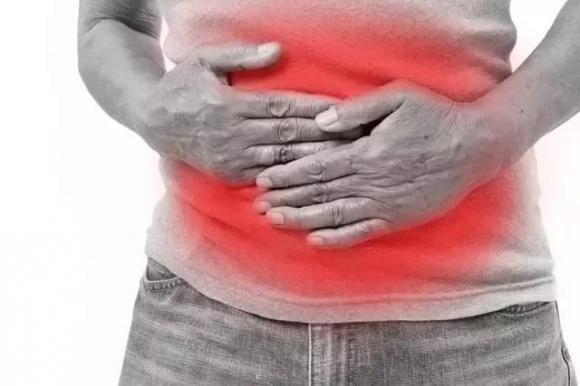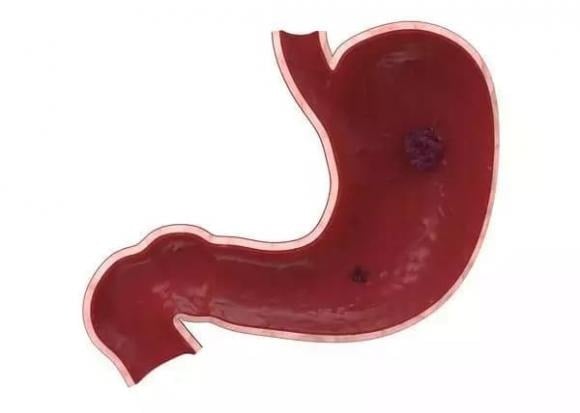In recent years, stomach cancer rates have been steadily climbing, becoming the second most common cancer of the digestive tract after colorectal cancer.
While the incidence of stomach cancer is lower than that of colorectal cancer, the early symptoms are often non-specific and easily confused with chronic stomach ailments. As a result, early diagnosis rates for stomach cancer remain relatively low.
Like other cancers, early detection and timely treatment are key to improving prognosis. Therefore, it’s crucial to be aware of the warning signs of stomach cancer. If you’ve been experiencing any of the following symptoms recently, it’s important to get your stomach checked out:
Irregular Stomach Pain
Stomach aches caused by chronic conditions like gastric ulcers tend to be periodic. They typically occur about an hour after meals and subside after the next meal. However, with stomach cancer, the pain is irregular and unpredictable.
In the initial stages, abdominal pain is the most common symptom. It can manifest as a dull ache, cramping, or gnawing sensation and may persist without relief.
Another distinguishing factor from chronic stomach ailments is that the pain doesn’t necessarily subside after eating. Instead, it may continue and even intensify as the disease progresses. This is due to the invasion and growth of the tumor, which damages surrounding organs and causes discomfort.

Indigestion
Indigestion is a common symptom in people with stomach cancer, mainly due to impaired stomach function. As the cancer progresses, the tumor can reduce stomach capacity and hinder food digestion, leading to feelings of fullness, bloating, and indigestion after meals.
In the early stages, individuals may experience heartburn, acid reflux, and a sense of fullness. As the disease advances, these symptoms can intensify, and gastric motility disorders may cause excessive belching, nausea, and even vomiting.
These issues not only impact quality of life but can also lead to fatigue and progressive debilitation over time.

Unintentional Weight Loss
Unexplained weight loss is a classic sign of stomach cancer and indicates that the disease may be advancing. The stomach is a vital organ in the digestive system, responsible for absorbing nutrients from food.
When stomach cancer develops, the digestive and absorptive functions of the stomach are impaired, leading to malnutrition and rapid weight loss. Additionally, stomach cancer cells require a significant amount of energy and nutrients to proliferate.
As the disease progresses to the invasive and metastatic stages, the body consumes more nutrients, resulting in severe weight loss. Uncontrolled weight loss, despite adequate nutrition, could indicate that stomach cancer has reached an advanced stage, warranting immediate medical attention.
Gastrointestinal Bleeding
Clinical studies show that as stomach cancer enters the middle and late stages, patients often experience varying degrees of gastrointestinal bleeding. This is primarily due to cancer tissue necrosis and erosion or tumor invasion into surrounding blood vessels, causing stomach perforation.
When blood loss is minimal, it may only be detectable through occult blood in the stool or stool that is black and tarry. However, more severe bleeding can lead to vomiting blood.
If you’ve been experiencing stomach pain along with any of these symptoms, especially gastrointestinal bleeding, it may be more than just a chronic stomach ailment. It could be a serious warning sign of stomach cancer.
It’s important to note that even if you don’t suspect stomach cancer, recurring abdominal pain warrants timely medical attention for proper diagnosis and treatment.






























